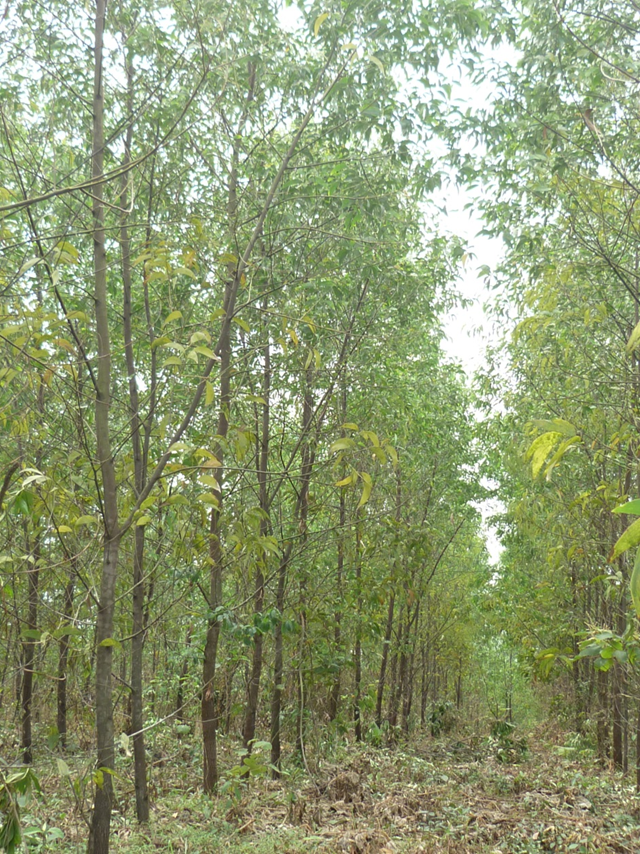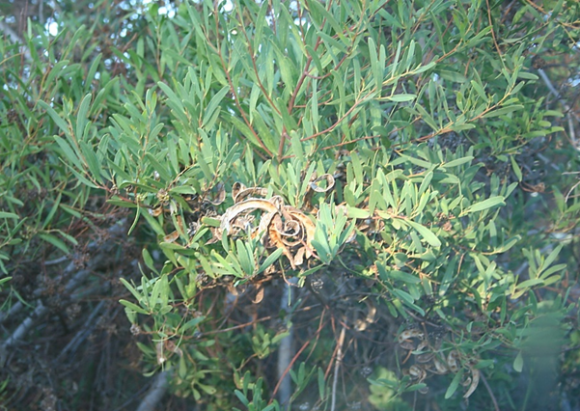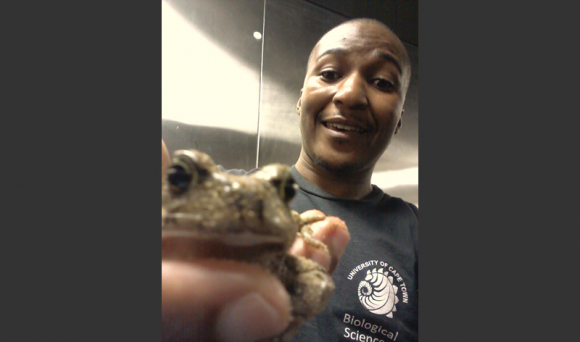
Predicting which introduced plants and animals are likely to become invasive is a key challenge for invasion biology. To help make these predictions, scientists use models that can predict the potential spread of introduced species. Such models, for example climate-based species distribution models, make use of records where an introduced species is known to occur, and linking those to climate variables. Unfortunately, the data that can be used to evaluate such predictions is often not available until after an invasion took place. However, data from species that were tested for their suitability as commercial forestry trees may be useful as it provides historical information on intentional introductions of species and on the outcomes of these introduction trials.
A paper authored by C·I·B researchers explored the potential for using existing data from historical forestry trials of Australian Acacia species in southern Africa to evaluate the performance of climate-based species distribution models.
It was found that forestry trials provided useful data for species distribution model evaluation as there is information on species that were repeatedly introduced to different areas within southern Africa with a clear indication whether the trial was a success or failure. Trials were successful in areas that are predicted as climatically suitable by the models. However, the models could not accurately predict the failures of species in trials and this suggests that suitability of the climate only gives a broad overview of where an introduced species might survive, but that there are other factors that determine whether the species will be successful.
“Commercial forestry is one of the major pathways to tree invasions and the availability of trial data can be very useful for screening potential invaders when used with species distribution models.” says Mark Robertson, co-author of the paper published in Neobiota.
Read the paper:
For more information, contact Mark Roberson at mrobertson@zoology.up.ac.za



